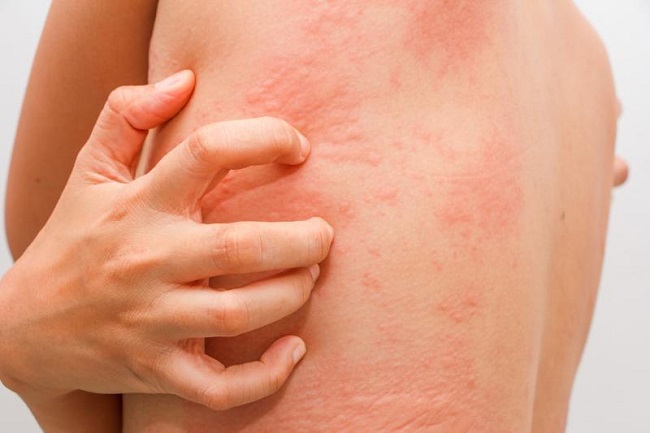As if having a cold wasn’t enough, developing urticaria is even worse because of the condition of hives associated with cold exposure. According to medical experts, cold urticaria is a skin condition that affects the skin directly as an allergic reaction to cold exposure. It is recognized by the reddish and itchy hives or welts on extremities of skin.
1Urticaria could be associated with more serious conditions
Advertisement
Urticaria is diagnosed because of the typical signs and symptoms. While the condition itself is not inherited and can be a result of allergies, in rare circumstances, it could sometimes be the cause of serious underlying conditions like cryoglobulinemia, lymphosarcoma, chicken pox, chronic lymphatic leukemia or viral hepatitis.

Image Source: todaymiddleware.mims.com
2A rare condition
Advertisement
Cold urticaria is regarded as a rare condition that affects 1 in 100,000 people in the US. Those afflicted with cold urticaria experience different symptoms ranging from minor reactions to cold to severe reactions. For some, even swimming in water could cause low blood pressure and shock resulting in the risk of passing out. Cold urticaria attacks mostly young adults. Take a look at the signs symptoms and treatments of urticaria.

Image Source: www.pinterest.ie
3The culprit of Urticaria
Advertisement
Demetrios Theodoropoulos, MD, DSc, MSc, FACMG, FAAP, with Allergy Associates of La Crosse says that cold urticaria is easily identified but The National Center for Advancing Translational Sciences says that cold urticaria is the most common type of hives. Research has traced cold urticaria to a chromosome called 1q40. Every nucleus of a human or living cell contains chromosomes that are the genetic data houses containing your DNA.

Image Source: providr.com
4What happens?
Advertisement
According to the National Organization for Rare Disorders, cold urticaria is defined as an abnormal skin reaction to cold exposure. The skin usually turns red and welts or hives soon start appearing within minutes. This is often accompanied by itching ranging from mild to intense. The rash can last from 5 minutes to 2 hours.

Image Source: viralinfections.info